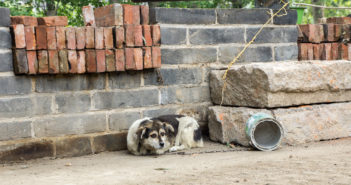
How to Help a Neighbor’s Neglected Animal
It can be heartbreaking to see a neighbor’s animal suffering in a situation of neglect. Depending on the situation, there are various ways you can help the animal or animals involved.

It can be heartbreaking to see a neighbor’s animal suffering in a situation of neglect. Depending on the situation, there are various ways you can help the animal or animals involved.
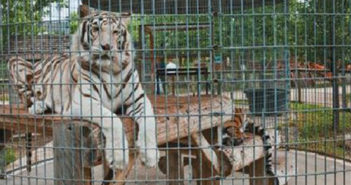
After a recent visit to Special Memories Zoo in Greenville, Wisconsin, Tucker was so disturbed by the conditions and health of the animals she felt compelled to stand up and advocate on their behalf. Please take action and urge the USDA to investigate the roadside zoo.
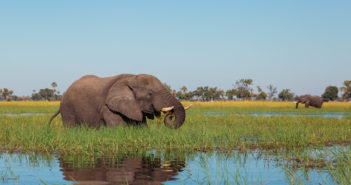
As tourism is a mainstay of Botswana’s economy, lifting the hunting ban could, the poll suggests, have severe economic consequences and damage Botswana’s international reputation.
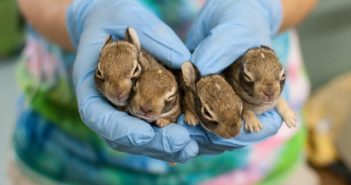
Because wild animals are on the move in spring, they run the gauntlet of anthropogenic threats. Animal Help Now offers resources so that you can help wild animals in crisis find the safety and care they need.
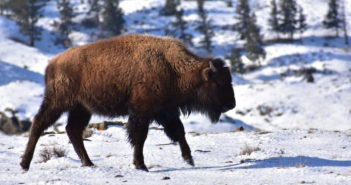
Yellowstone National Park and other bison managers took the lives of 458 of the United States’ last wild buffalo this year. All those buffalo souls lost simply because livestock interests don’t want to share the land.
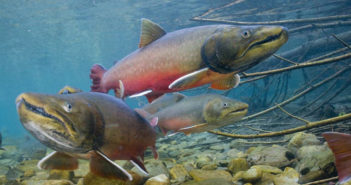
The project is one of the first to use an advanced computer model to simulate the genetic and demographic outcomes of a species reintroduction by projecting 200 years into the future.
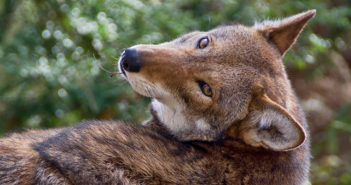
A report has confirmed the longstanding classification of the red wolf as a distinct species deserving of protection. With only two known breeding pairs left in the wild, and recent rollbacks on protections, it is urgent that the USFWS act now to protect the red wolf.
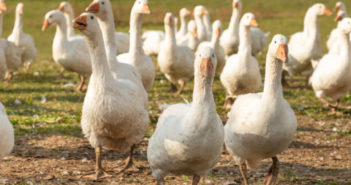
Some California restaurants and retailers have continued selling foie gras, despite a state ban on the sale of this cruelly-produced “gourmet” delicacy made from the liver of a force-fed duck or goose.
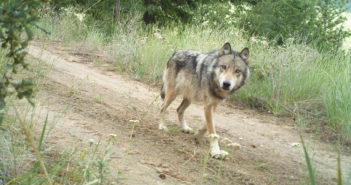
Only 5,000-6,000 gray wolves exist in the contiguous United States, occupying less than 10 percent of their historic range. Protecting these wolves and establishing wolf populations in remaining suitable habitat is crucial to the future of the species.
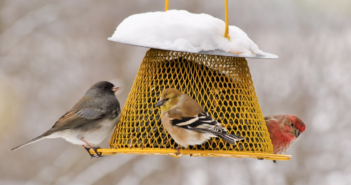
One surprising finding in this study was that when deciding how much to feed birds, people prioritized natural factors, such as cold weather, more than time and money.
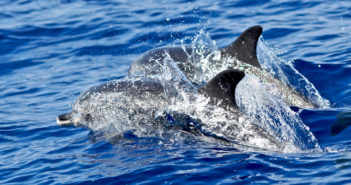
“Our empathy inspired us, but our compassion called us to act. If we can do just one thing to improve their lives, even just a little, we know it’s the right thing to do.”
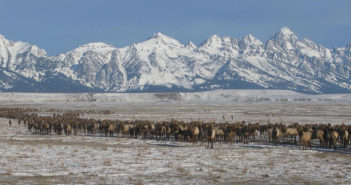
The outdated and unnecessary practice of supplemental feeding threatens to accelerate the spread of wildlife diseases, including lethal chronic wasting disease, and has led to the degradation of habitat.